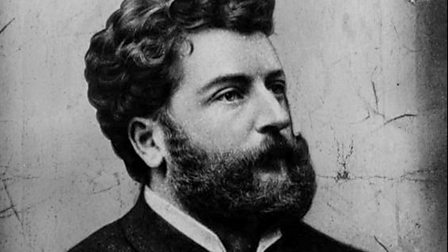
10 Fascinating Facts about Georges Bizet
Georges Bizet, born Alexandre César Léopold Bizet on October 25, 1838, in Paris, France, was a prominent French composer of the Romantic era. His music,[…]
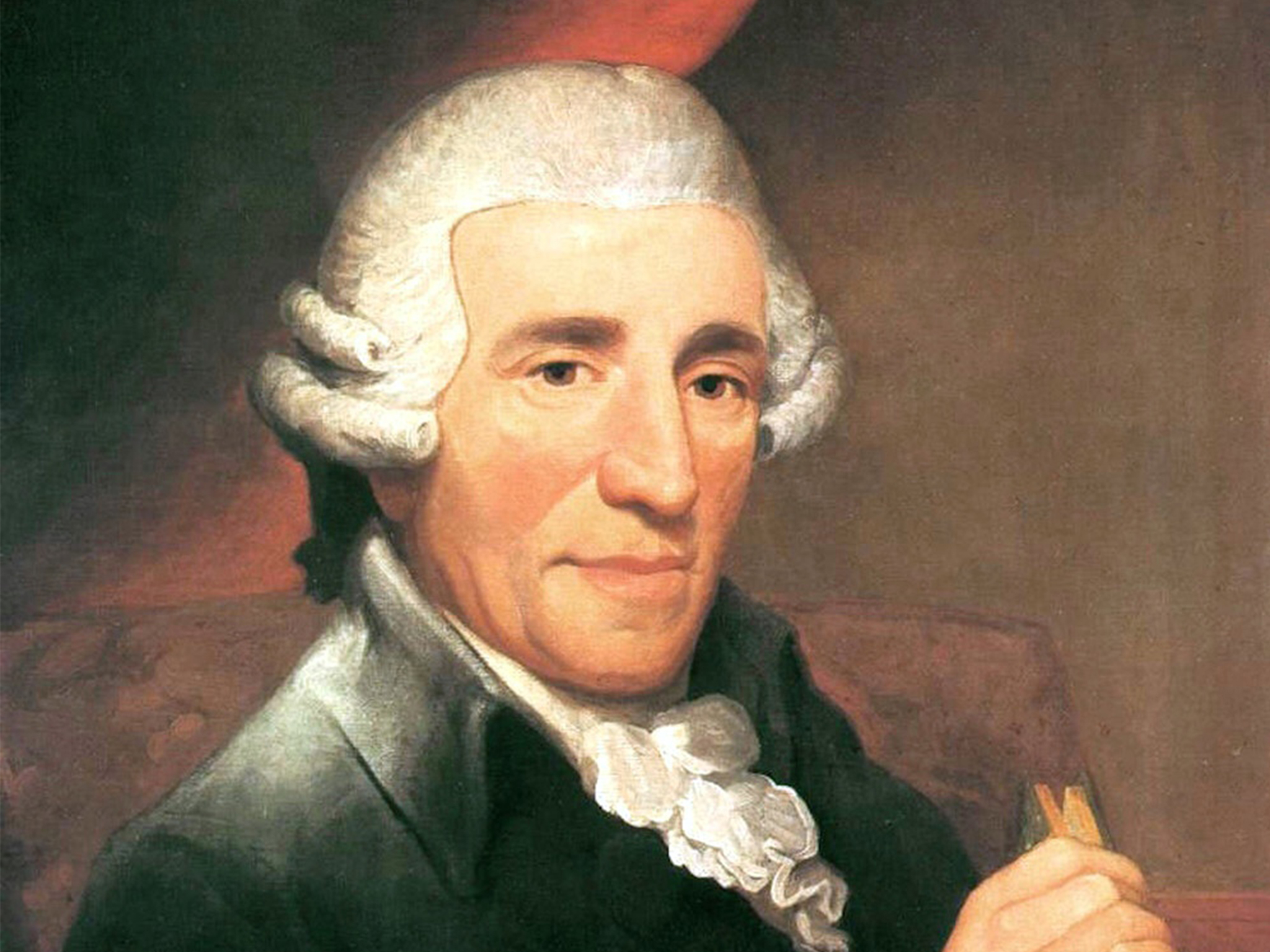
10 Fascinating Facts about Joseph Haydn
Joseph Haydn, often called the “Father of the Symphony” and the “Father of the String Quartet,” was a pivotal figure in the development of classical[…]

Leonard Bernstein – Biography and History
Leonard Bernstein, an icon of 20th-century classical music, was born on August 25, 1918, in Lawrence, Massachusetts, USA. His birth name was Louis Bernstein, but[…]
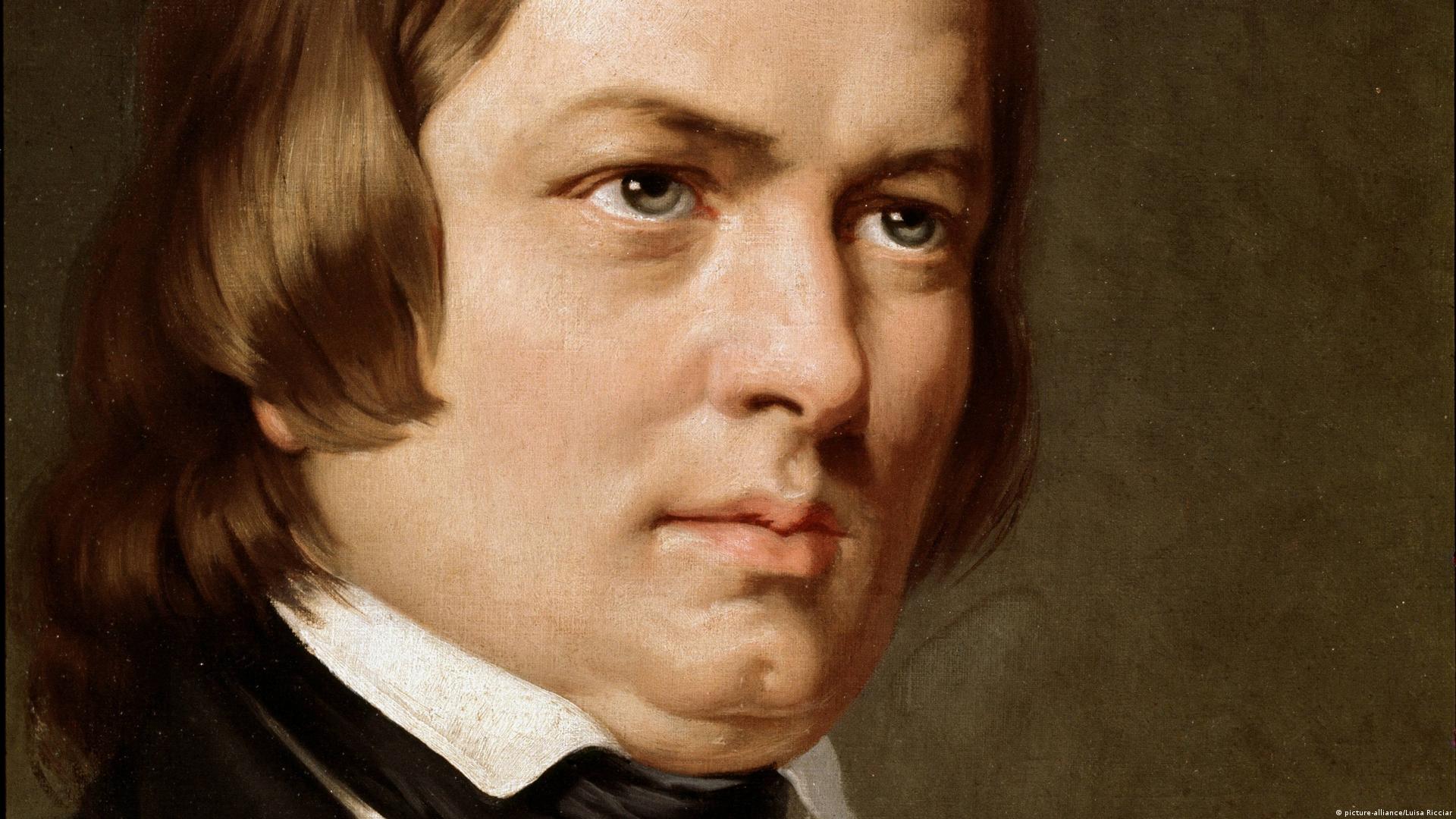
Robert Schumann – Biography and History
Robert Schumann was born on June 8, 1810, in Zwickau, Saxony, which was then part of the Kingdom of Saxony. He was the youngest of[…]
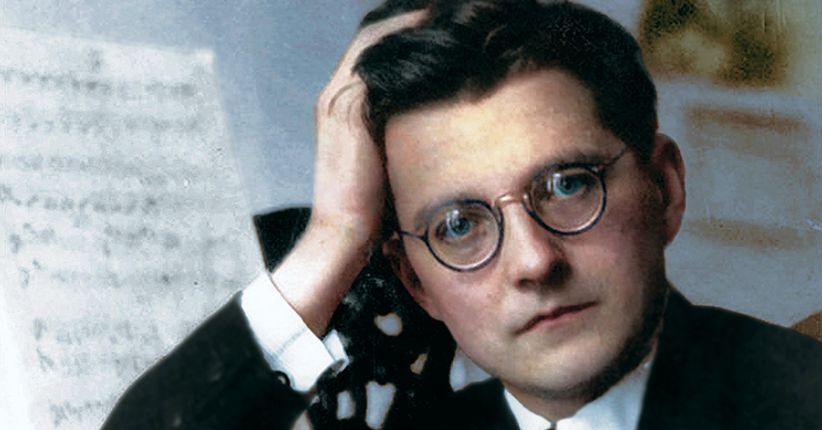
Dmitri Shostakovich – Biography and History
Dmitri Dmitriyevich Shostakovich was born on September 25, 1906, in Saint Petersburg, Russia. His family was musically inclined; his mother, Sofia Vasilyevna Kokoulina, was a[…]

Georges Bizet – Biography and History
Georges Bizet, born Alexandre-César-Léopold Bizet on October 25, 1838, in Paris, France, was a French composer of the Romantic era, best known for his opera[…]

Franz Liszt – Biography and History
Franz Liszt, one of the most renowned composers and virtuoso pianists of the 19th century, was born on October 22, 1811, in the village of[…]
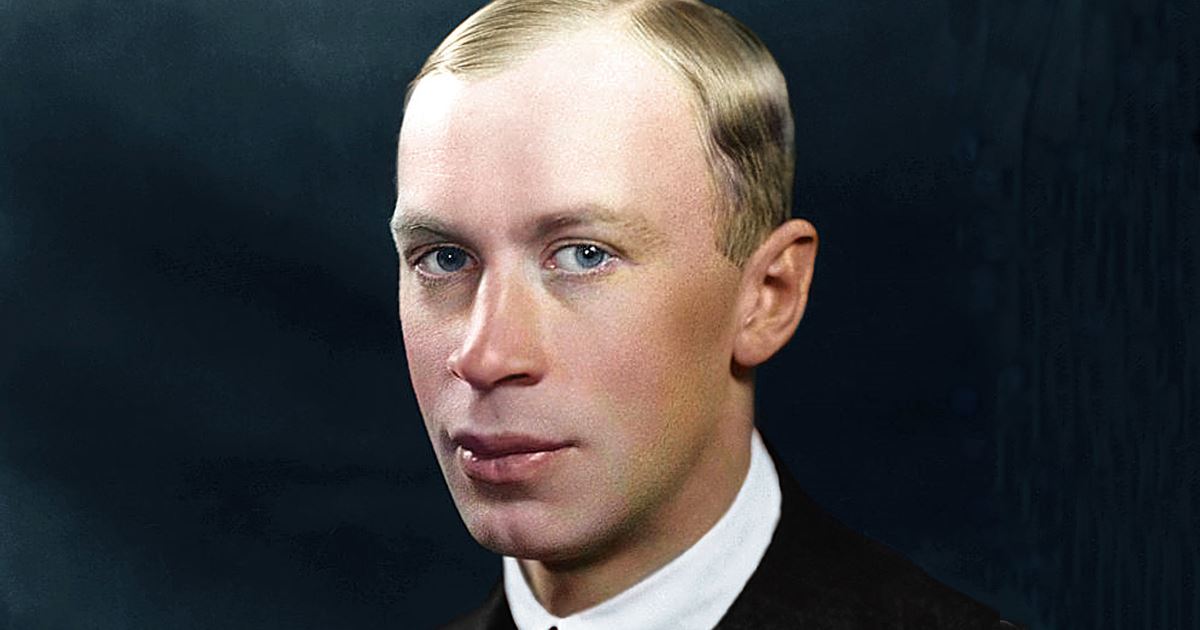
Sergei Prokofiev – Biography and History
Sergei Sergeyevich Prokofiev was a titan of 20th-century classical music, renowned for his innovative compositions that bridged the traditional and the avant-garde. Born on April[…]
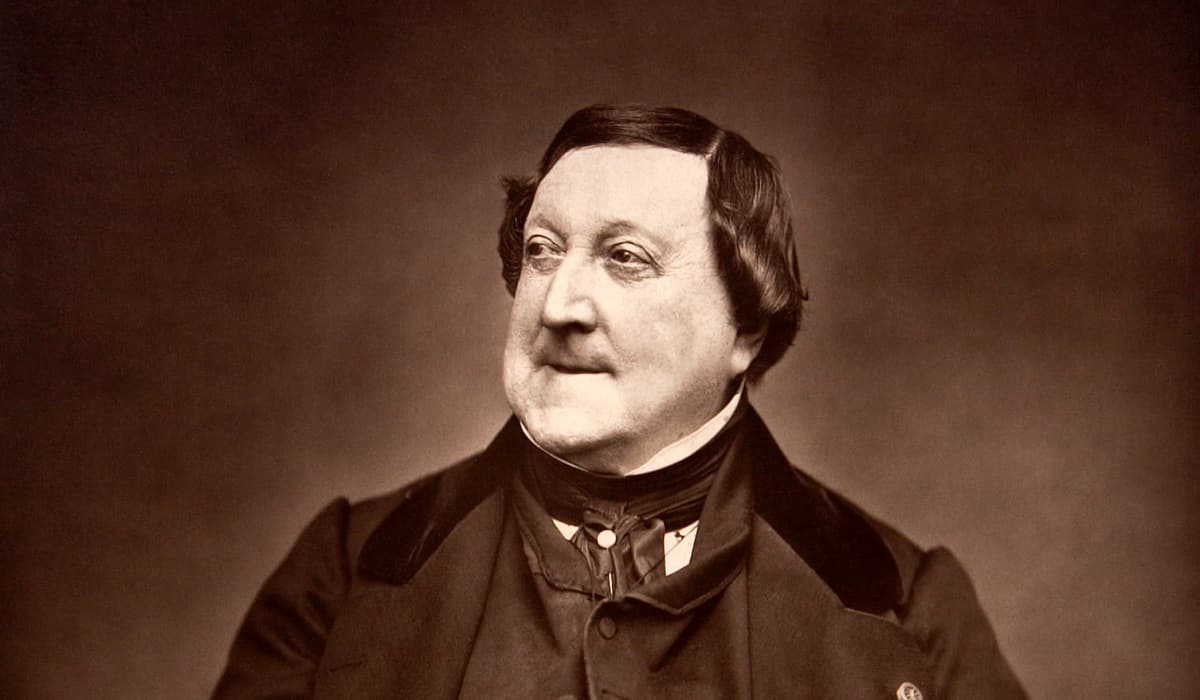
10 Fascinating Facts about Gioachino Rossini
Gioachino Rossini, renowned as the “Italian Mozart” and the “Swan of Pesaro,” left an indelible mark on the world of classical music through his vibrant[…]
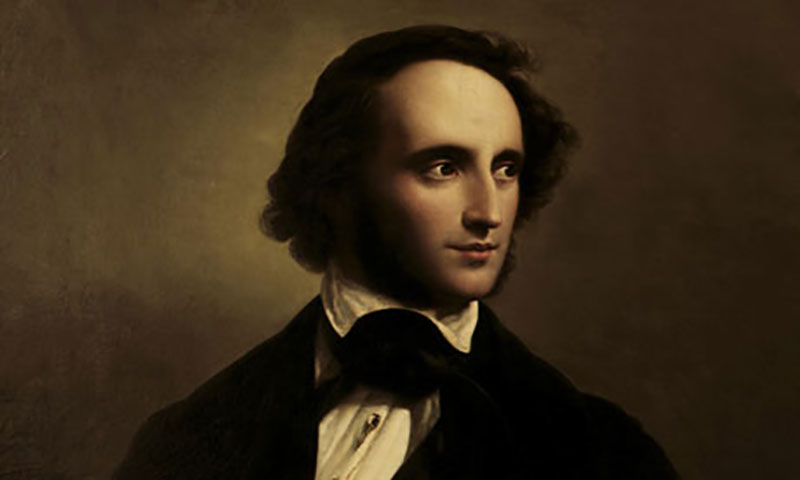
Felix Mendelssohn – Biography and History
Felix Mendelssohn Bartholdy, often referred to simply as Felix Mendelssohn, was a prominent composer, pianist, conductor, and music educator of the Romantic era. Born on[…]